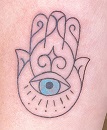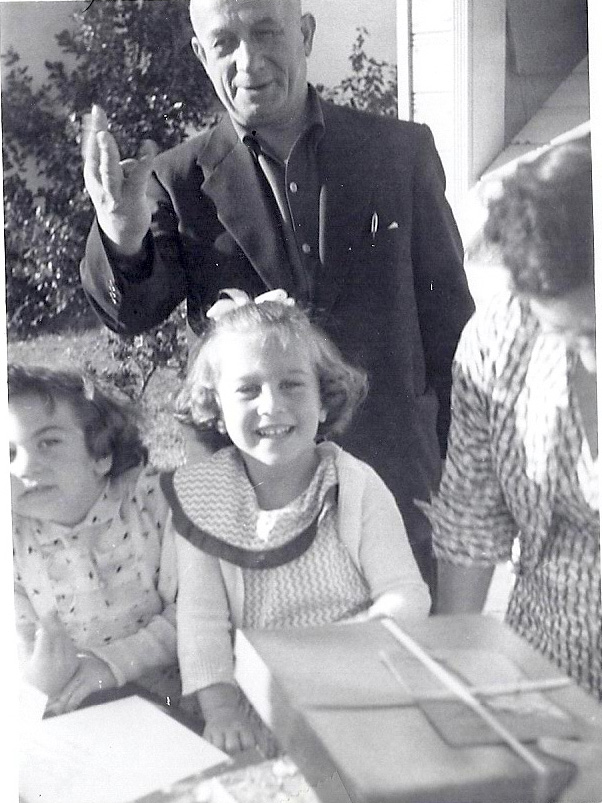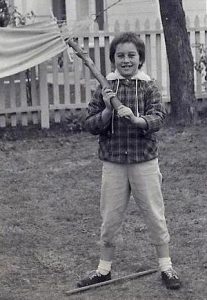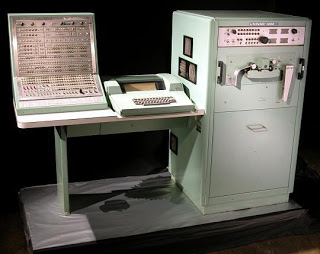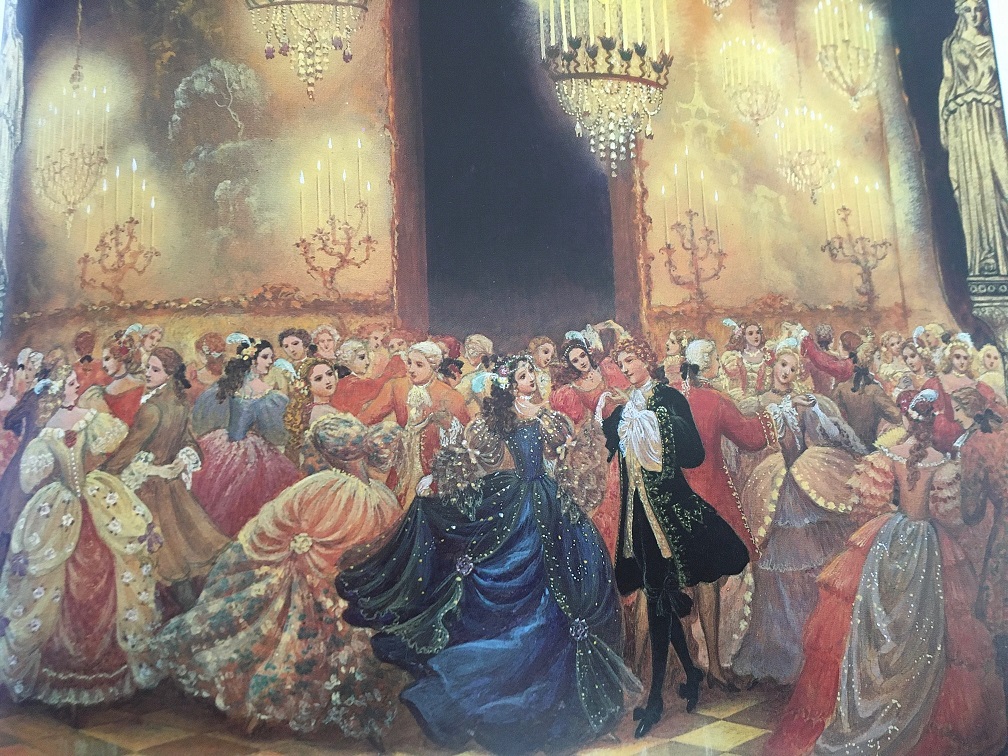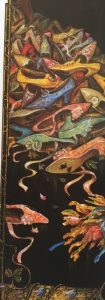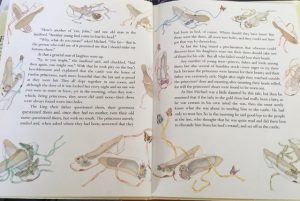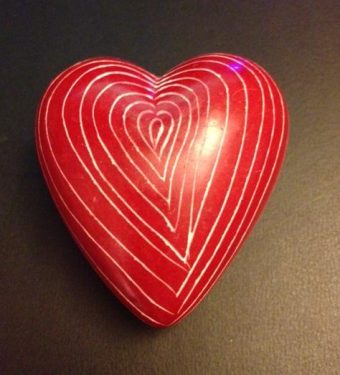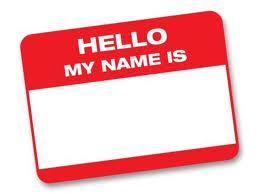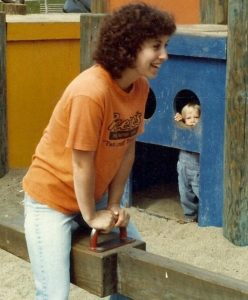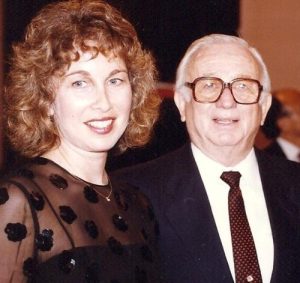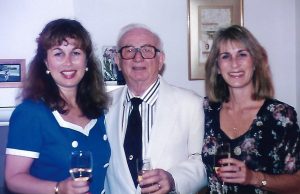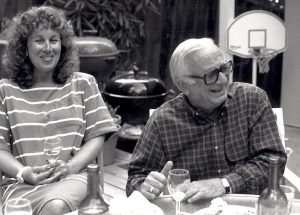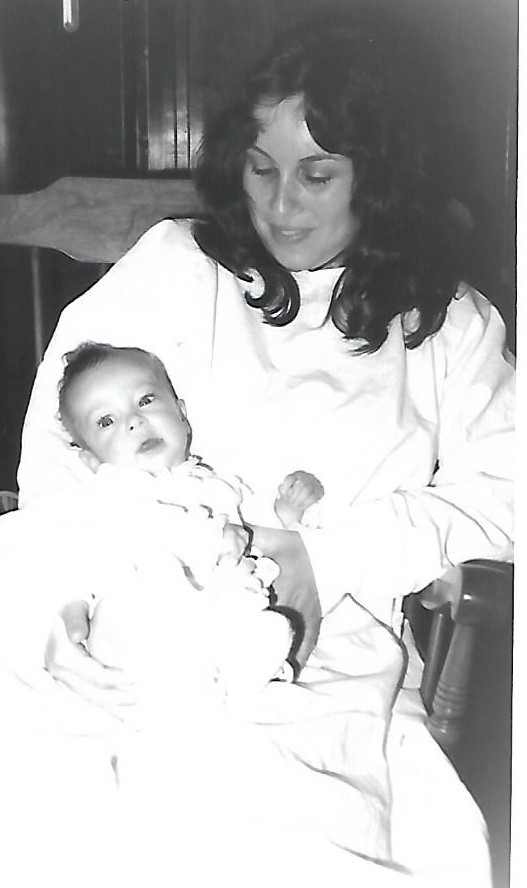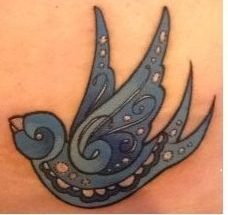
I don’t know if I ever would’ve gotten a tattoo if my daughter hadn’t made us appointments with her favorite artist. I agreed to do it, but didn’t know what to choose. I went back and forth between some ideas (Hawaiian sunset! Lavender roses!), but finally decided on a bluebird of happiness. At the time, my sister was very near the end of her life and I wanted something beautiful and uplifting I could look at every day. And so it came to pass that I got a very optimistic looking bluebird on my midsection, right across from my appendectomy scar (still visible from when I got it at age six!). This was in early 2015. Painful? Yes, it was. But it’s also lived up to my expectations.I don’t know why people get tattoos in places they cannot see themselves without a mirror or serious contortions.
A few years ago now, after my husband was diagnosed with mild cognitive impairment and I was struggling to deal with the changes in my life, I got my second tattoo–this time a reminder of what I needed to remember (notice the forget-me-nots) to do when I got frustrated or upset.
A few weeks ago, I drove past the place where I got my second tattoo and saw a “walk-ins welcome” sign. On impulse, I made a U-turn and went inside. Again, I didn’t know exactly what I wanted, but had time to think about it. What I ended up getting has historical and religious significance: the Hamsa Hand.
Google says: “The Hamsa Hand is a universal sign of protection, power, and strength that dates back to ancient Mesopotamia. Known as the Hand of Fatima in Islam and the Hand of Miriam in Judaism, it’s believed to protect against the evil eye and all negative energies.”
And: “Beyond its protective qualities, the Hamsa is also a symbol of peace and blessings. It’s often associated with the idea of bringing its owner happiness, luck, health, and good fortune. For many, a Hamsa tattoo is not just a protective talisman but also a symbol of hope and a source of positive energy and blessings.”
I figured: what could it hurt? (I didn’t mean literally, but still). Who doesn’t want to protect themselves from negative energies, while attaining good luck and happiness? And a dose of hope, positive energy and blessings–all for the reasonable price of a little tattoo? I was all in.
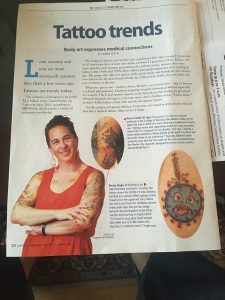 There’s no way I can keep up with my daughter, pictured here. But I’m delighted with my ink. At this point, I won’t say I’m done with tattoos, but the ones I have carry great significance and I do look at and think about them every day.
There’s no way I can keep up with my daughter, pictured here. But I’m delighted with my ink. At this point, I won’t say I’m done with tattoos, but the ones I have carry great significance and I do look at and think about them every day.
Breathe, seek happiness and positive energy, count my blessings–these things are more than skin deep.
*The variety in skin tones here is not accurate. I cannot account for the vagaries of cell phone photography



